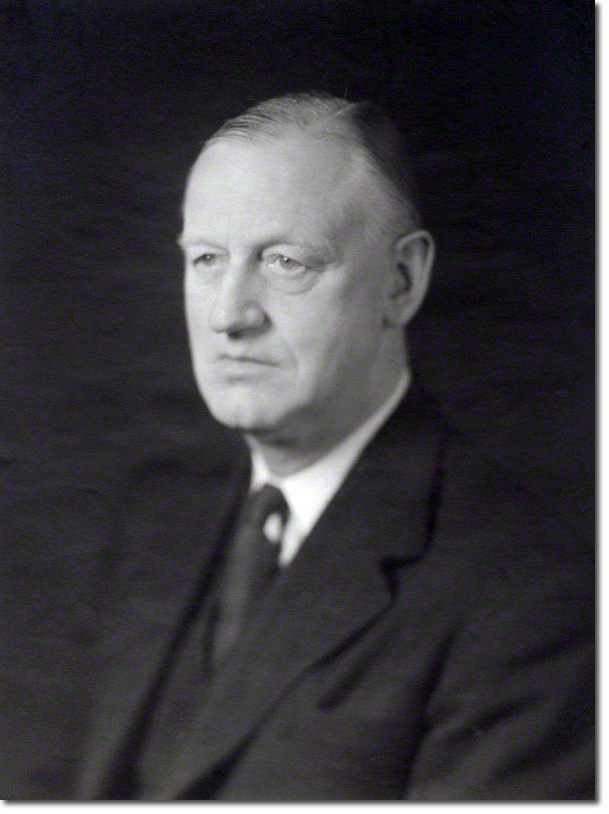|
|


|
|
In addition to his role as Cabinet Secretary, Brook was also a personal confidant and adviser to successive prime ministers, and was particularly influential under Churchill and Macmillan. In October 1956, Brook added to his cabinet secretaryship the job of joint permanent secretary to the Treasury and head of the home civil service. He was one of the most influential civil servants of the post-war era.
The Commonwealth was always close to Brook's heart. He was secretary to eleven full-scale Commonwealth prime ministers' conferences between 1946 and 1962. He built up a special knowledge of Commonwealth issues and personalities, thought deeply about its long-run development, and acquired many friendships in Commonwealth governments. In 1948–9, when it was uncertain whether an independent and republican India would stay in the Commonwealth, he played a vital role, being sent on a sensitive mission to Canada, Australia, and New Zealand for top-level talks and taking a leading part in policy making inside the British government. Brook also played a key role at the heart of the machine in the 1956 Suez crisis, as secretary of the ministerial Egypt committee, chairman of the Egypt (official) committee of civil servants, and chairman of the defence (transition) committee of permanent secretaries. By the end he was one of only three civil servants who were fully informed of what was going on, including knowledge of the collusion with Israel and France—but he kept the cabinet minutes ‘clean’, and after the cease-fire is known to have rounded up and destroyed incriminating documents. Although he had private doubts and misgivings about the Suez expedition (later privately describing it as ‘a folly’), he did what he saw as his duty: devising a timetable for the operation for the Egypt committee and working on top secret plans for the administration of Egypt after the overthrow of Nasser. Post-Suez he was fully involved in the Macmillan government's reviews of British overseas and defence policy, culminating in the 1960 ‘future policy’ study. Picture courtesy of National Portrait Gallery |
Future Constitutional Development in the Colonies Article
Armed Forces | Art and Culture | Articles | Biographies | Colonies | Discussion | Glossary | Home | Library | Links | Map Room | Sources and Media | Science and Technology | Search | Student Zone | Timelines | TV and Film